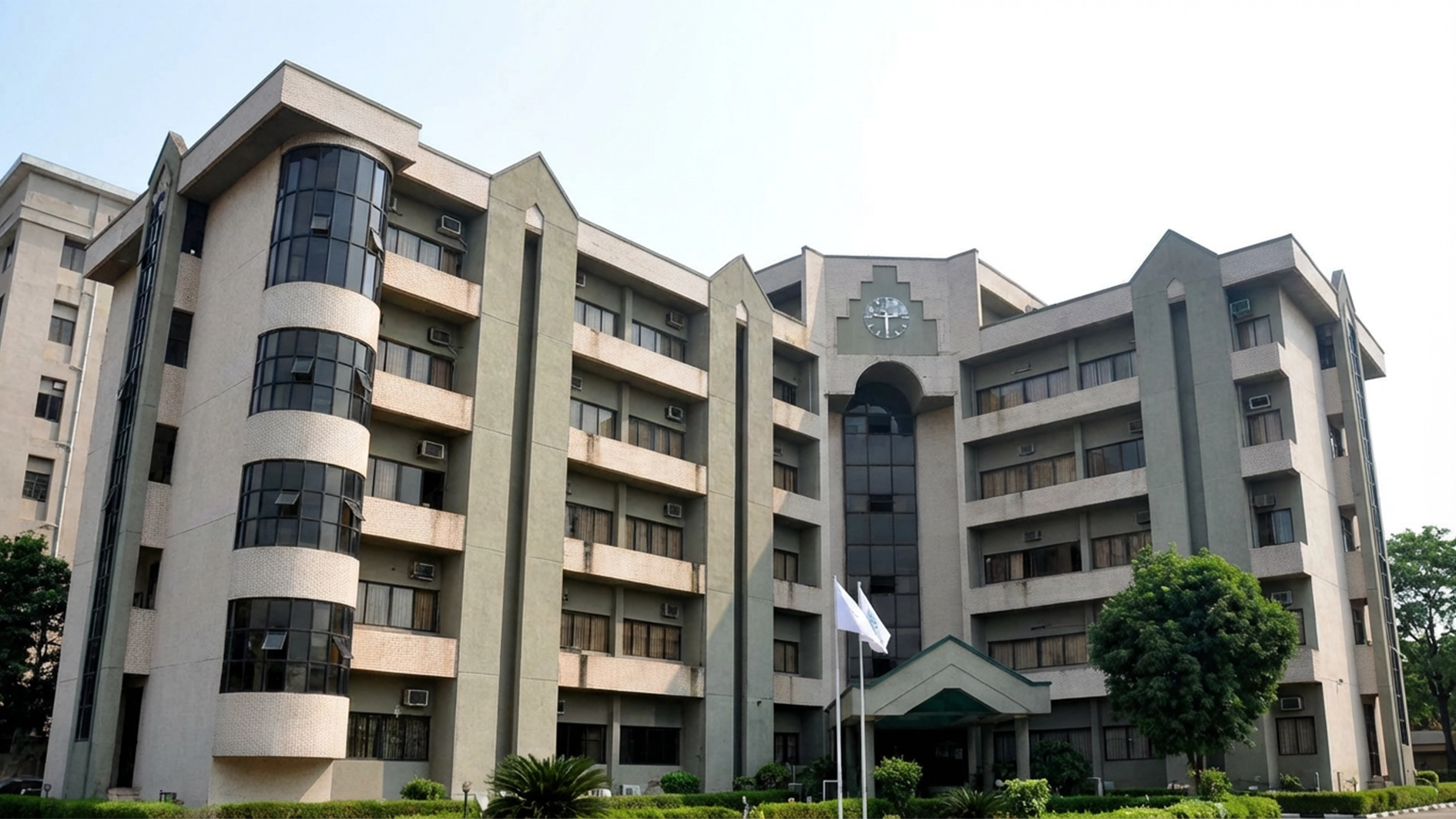
Phyllantus niruri (Phyllanthus amarus) is one of the wonders of GOD Almighty. It is one of the herbs that He gave to mankind in Genesis 1: 29. Knowing that man will eat things that will eventually cause various diseases in him, GOD created this plant along with other plants and caused it to grow commonly in man’s environment. Even at that, we have all ignored it in search of expensive chemical drugs from other climes. A research fellow from Europe who visited Cross River State, Nigeria, in the 70s, said to somebody I know that, you Africans do not have any business buying chemical drugs from abroad. He said all the medicines you will ever need in your lifetime are in your bushes.
Phyllanthus niruri is one of such medicines.
It is a well-known, widespread tropical plant that grows wild in coastal regions all over the world, including Nigeria. Other names by which it is known, are stonebreaker and seed-under-leaf. These are names given to it because it is a well-known remedy for kidney stones and gallstones. Also, the flower and the seeds are found under the leaves. The bark of the leaf and the main stalk that holds the simple compound arrangement of the leaves are both of a lighter shade of green giving the plant a distinct appearance. The plant can grow for 40 to 60 centimeters in height and it’s an all year round plant.
Phytochemical Properties of Phyllanthus niruri
Perhaps no other plant contains the number of biologically active chemicals as Phyllanthus niruri and the Phyllanthus genus. This explains the widespread use of this plant in so many different ailments in the body. In fact some chemicals found in P. niruri and other related plants in the Phyllanthus genus, are not found in any other plants. These chemicals include flavonoids, alkaloids, lignans, glycosides, ellaginnins and phenylpropanoids. Common lipids and sterols are also found in these plants. These bioactive chemicals are found in the leaves, stem and root of the plants.
Medical uses
Phyllanthus niruri and its close relatives have been used in the Indian traditional Ayurvedic medicine for a very long time in the treatment of ailments involving the genito-urinary system, stomach, kidney and the liver. It has also been used traditionally as herbal remedy for kidney stones in South American countries like Brazil and Peru. Here in Nigeria, not much was known about this herb. The reason being that traditional medicine practitioners always kept their knowledge of herbs and their modus operandi secrete. Not only that, they created certain myths around these herbs that bothered on the diabolical and such always put people who may have been interested in research, off.
Be that as it may, a team of Nigerian scientists led by Dr. Charles O. Okoli, had done some work on the antidiabetic properties of P. niruri. This team, which includes Obidike, I. C. Ezike, A. C. Akah, P. A. and Salawu O. A., studied the possible mechanism of the antidiabetic activity of extract of aerial parts of Phyllanthus niruri in 2011. (Pharmaceutical Biology (1388-0209) Okoli 49: 248-255. They treated diabetic rats with aerial extracts of P. niruri and checked their blood glucose levels. The blood glucose levels decreased and the absorption and storage of glucose also reduced. Numerous studies carried out in different parts of the world have shown P. niruri to possess hypoglycaemic properties and have been used even locally in Nigeria for the management of diabetes. Some other researchers have discovered substances that possess aldose reductase inhibition activity. Aldose reductases in the presence of high blood sugar act on exposed nerve endings causing diabetic neuropathy and macular degeneration. Substances that have the ability to inhibit aldose reductases will therefore prevent these diabetic complications. Ellagic acid in P. niruri is thought to be one of such inhibitors. So, we can safely say that a tea of P. niruri leaves and seeds can be used to treat diabetes and also as a prevention of certain diabetic complications as diabetic neuropathy and macular degeneration.
[ad unit=2]






